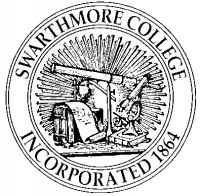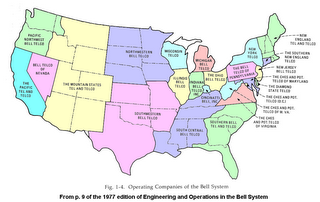It's that time of year again.
 The National Law Journal
The National Law Journal has come out with their annual "
Plaintiffs' Hot List" - an admittedly highly subjective survey of the plaintiffs' bar.
Eleven firms were highlighted on "
The Year's Hottest Firms" list.
Of those, ten have a substantial securities litigation practice.
In alphabetical order the ultra hot securities litigators of 2006 are:
Baron & Budd, P.C. - An 80 attorney firm founded in Dallas nearly twenty years ago. Among noteworthy securities cases mentioned in the article is
In re 7-Eleven Inc. Shareholders Litig., where
Randall K. Pulliam represented shareholders attempting to force the company to pay more to take the corporation private. The company ultimately agreed to boost its tender offer by $5 per share, worth $145 million to the shareholders.
Bernstein Liebhard & Lifshitz, LLP - A 42 attorney firm that is just slightly older than the PSLRA, the New York based firm is on the plaintiffs' executive committee in the
In re Initial Public Offering Securities Litig, and secured an important
decision in the
In re Royal Dutch/Shell Transport Securities Litigation, that will allow shareholders to proceed with their claims even if they held their stock.
Bernstein, Litowitz, Berger & Grossmann LLP - The 50 lawyer firm "had a hand in six of the 10 largest securities fraud class actions to date," including the $1.3 billion settlement in
In re Nortel Networks Corp. Securities Litig. that "represents the largest recovery on record for a non-U.S. lead plaintiff."
Cohen, Milstein, Hausfeld & Toll, P.L.L.C. - With 60 attorneys and offices in four states (well three states and the District of Columbia), the firm has often been cited as having a cutting edge litigation practice, including the recent
news that the firm would soon open a London office, an apparent first for a plaintiff side firm. Last year, the firm also had the rare opportunity to try a securities fraud class action - with
In re Globalstar Securities Litig.Hagens Berman Sobol Shapiro LLP - Though more noted these days for the firm's work in antitrust, healthcare, and consumer litigation, Hagens Berman has strong securities litigation roots. Plus, they have to be the only firm on the list that sponsors a
cycling team.
 Grant & Eisenhofer, P.A.
Grant & Eisenhofer, P.A. - Formed just as the PSLRA was taking effect, this relative newcomer to the securities litigation arena has made waves as noted in a companion article,
Investors Press Their Demands. The firm "has been pursing litigation intended to shake up the way corporate boards do business."
Labaton Sucharow & Rudoff LLP - One of the older firms in the plaintiff's class action bar, the Labaton firm is a frequent guest on these pages, including recent settlements of the
In re DHB Industries Inc. Class Action Litig., and
In re HealthSouth Corp. Securities Litig. securities class actions.
Lerach Coughlin Stoia Geller Rudman & Robbins LLP - The largest class action firm in the country, with 180 attorneys, the firm has achieved an eye-popping $45 billion in recoveries, including $7.3 billion in the
Enron litigation alone. As noted previously,
here, about 10% of the firm's attorneys are former prosecutors.
Lieff Cabraser Heimann & Bernstein, LLP - The 60 attorney firm has offices in three states and an
impressive roster of securities litigation clients. The securities case mentioned in the article,
Merrill Lynch Fundamental Growth Fund v. McKesson HBOC Inc., is an opt-out case where the firm reached a settlement on the verge of trial and recovered nearly all of the $150 million in losses claimed by the firm's two mutual fund clients.
Motley Rice LLC - The 74 attorney firm is perhaps best known for their work in toxic torts, products liability and catastrophic injury, but as noted several months ago by
The D & O Diary, the securities litigation group at Motley Rice was substantially enlarged in February 2006 with
the addition of four seasoned Atlanta-based lawyers from
Chitwood Harley Harnes LLP.
Daily Trivia: The one firm on the
National Law Journal list that is not highlighted above,
Girardi & Keese, now employs
Erin Brockovich, perhaps the most famous paralegal in the world.
























